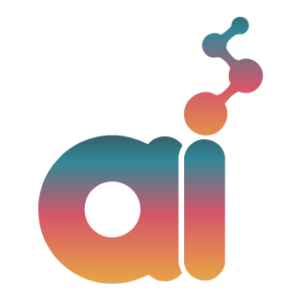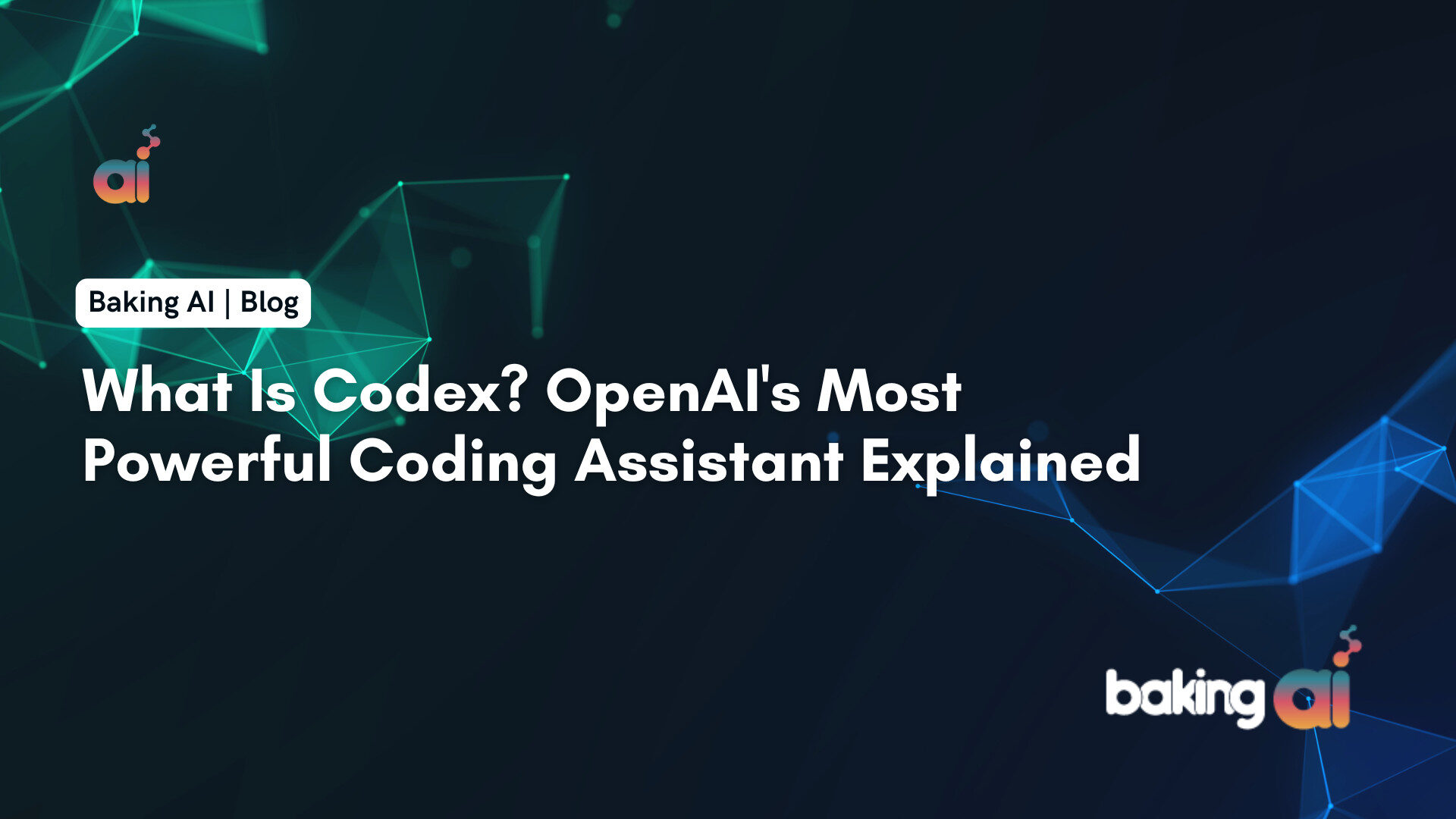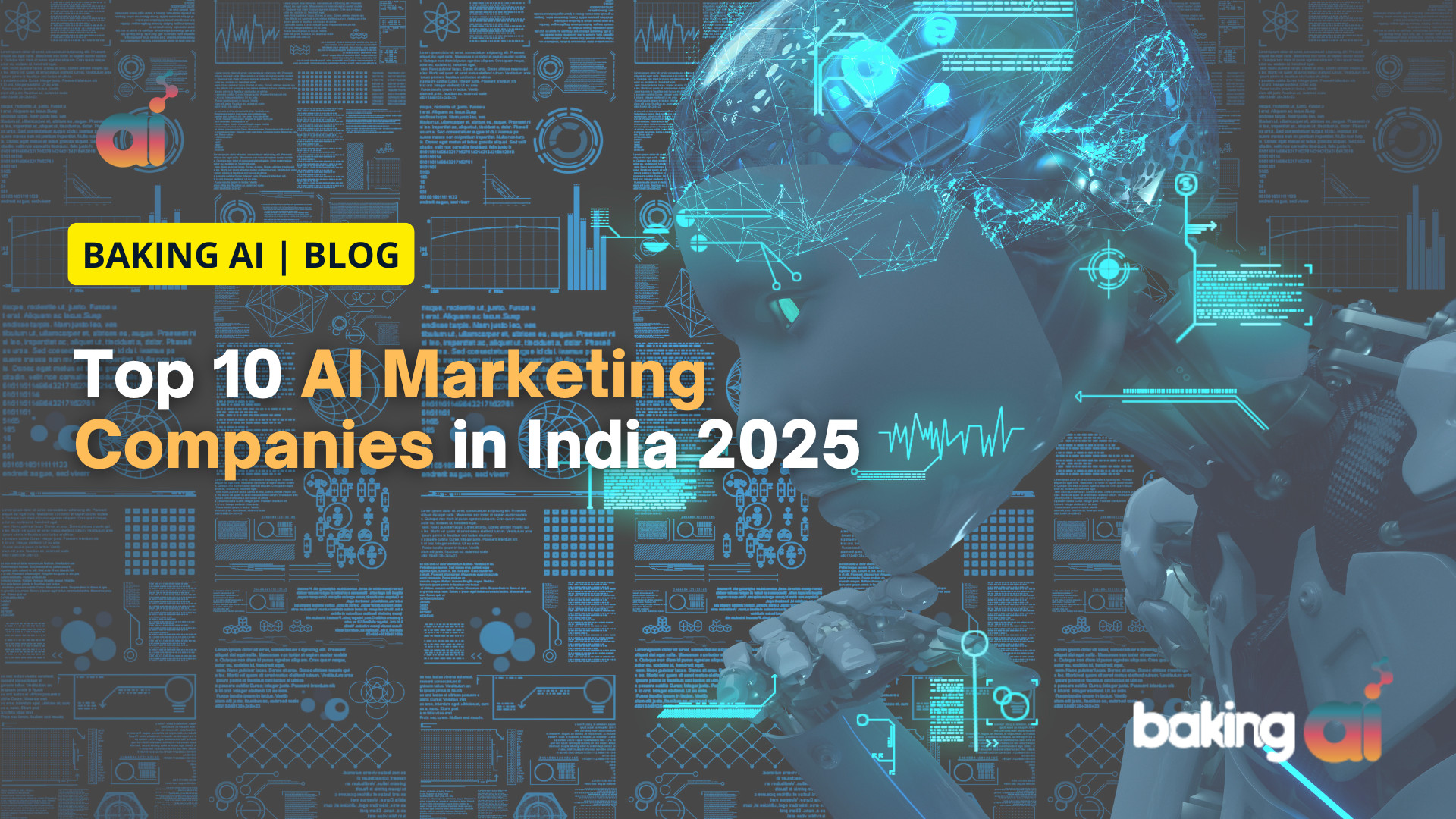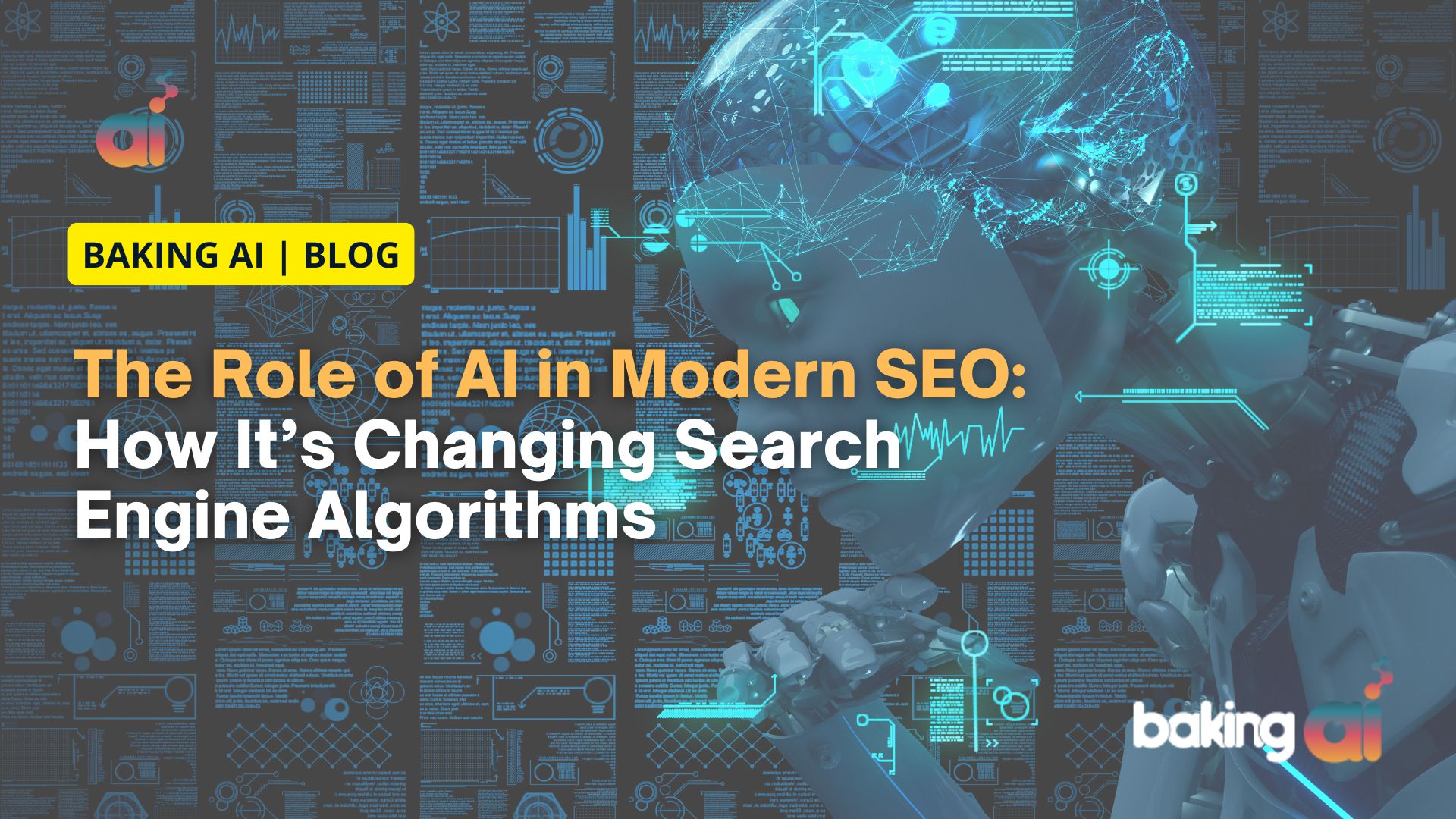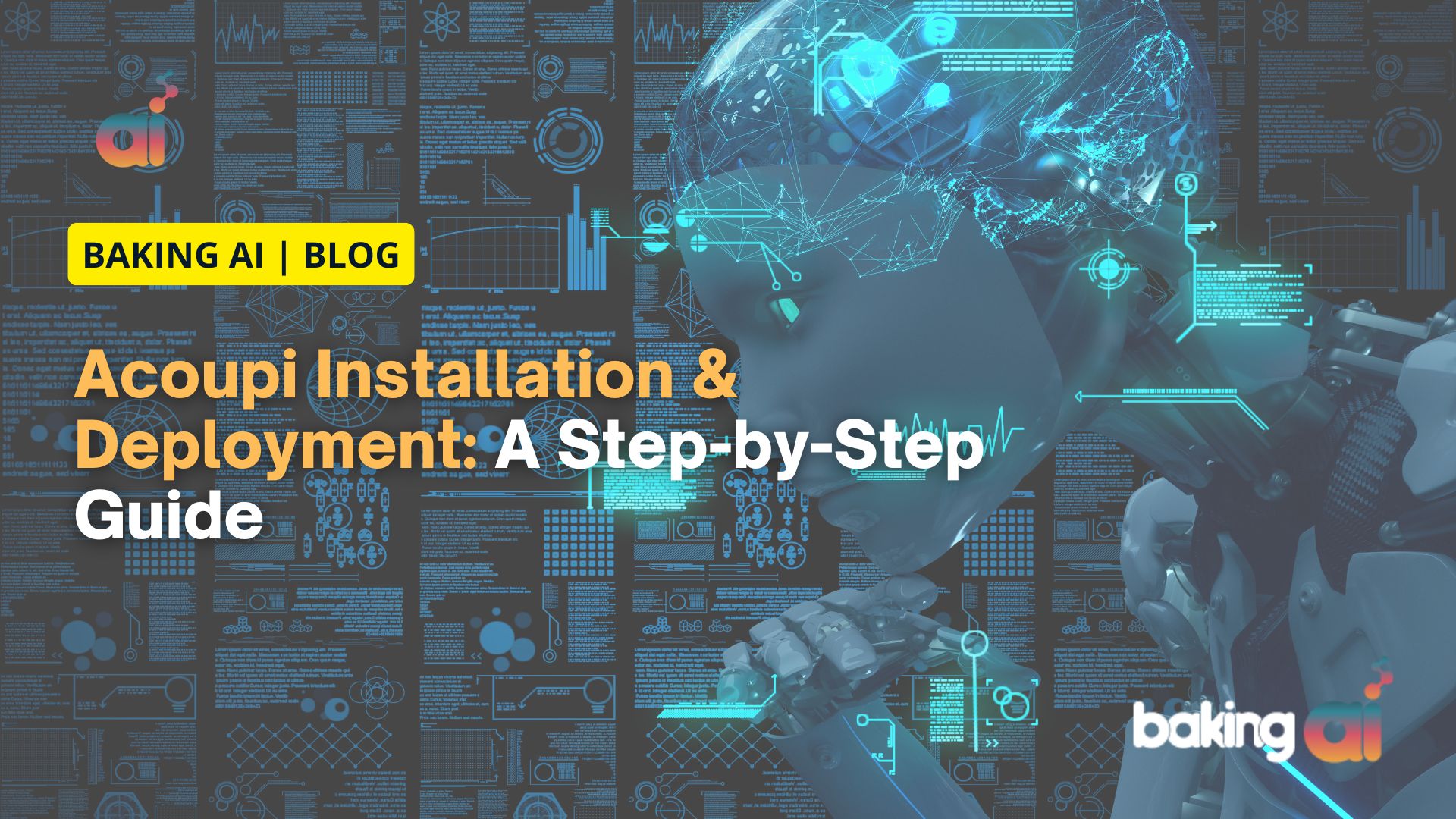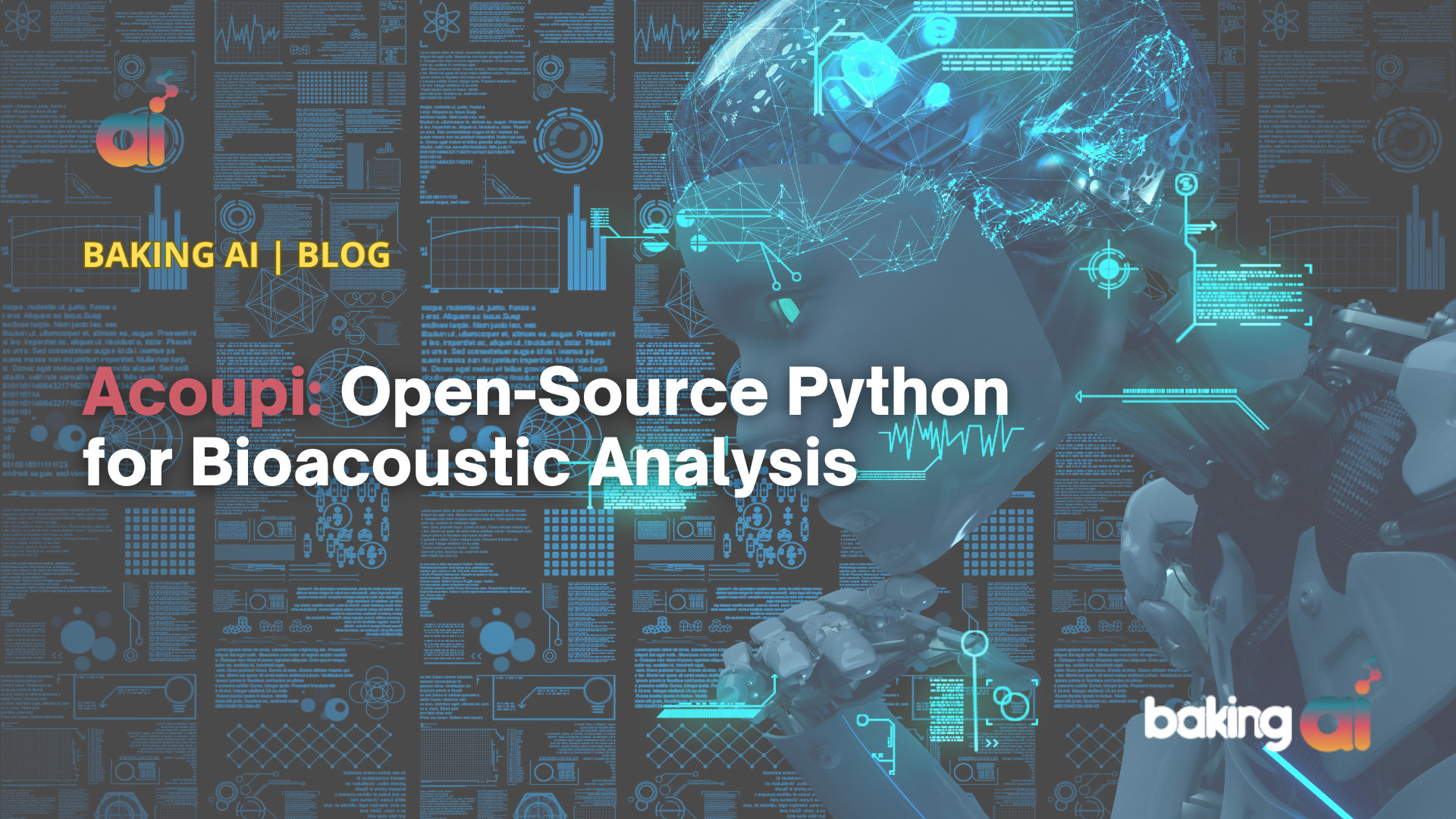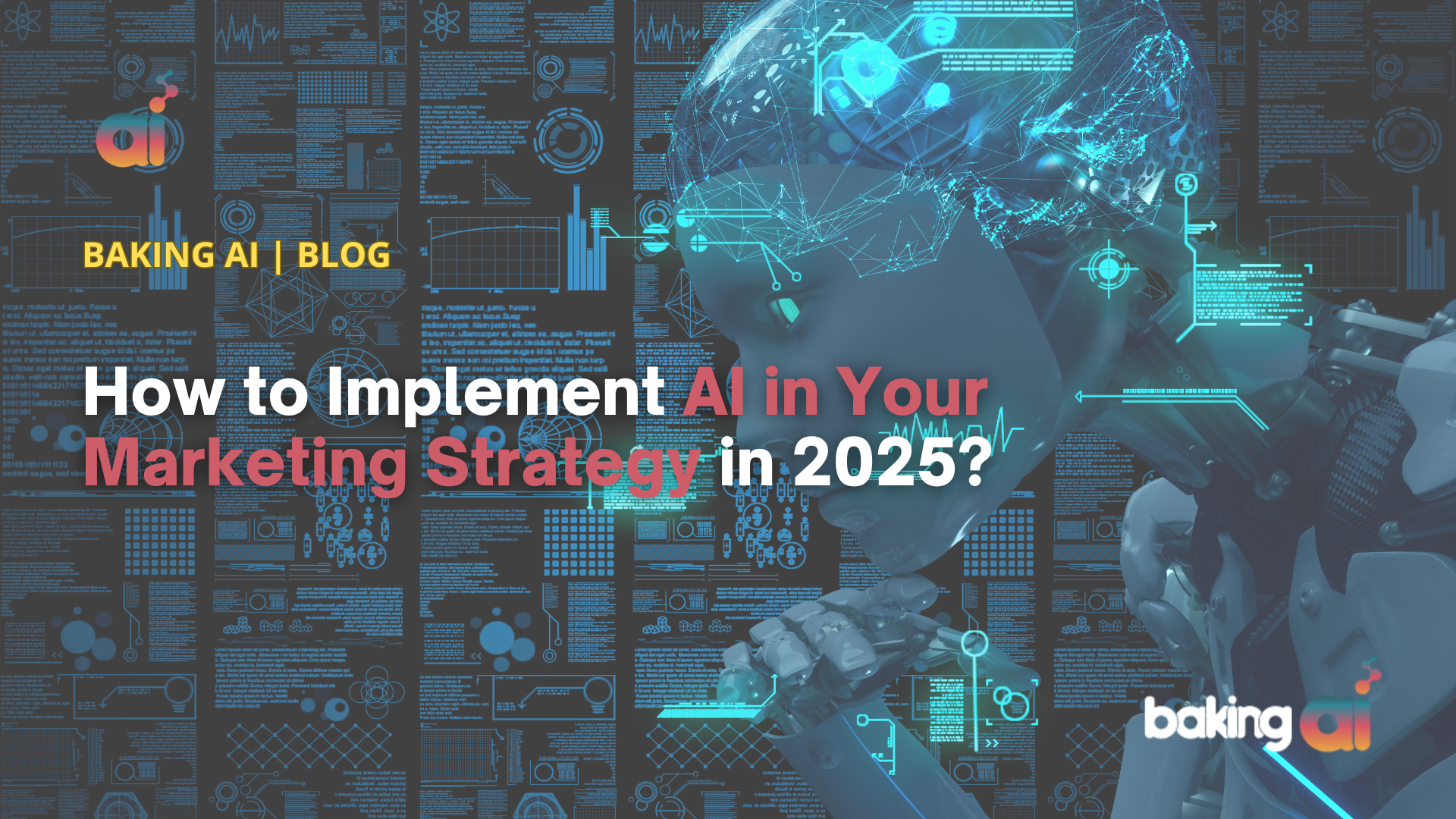Imagine trying to sell shoes to everyone watching the same TV channel. That’s how marketing used to be! Now, with the internet and fancy tech tools, things are totally different.
Marketers can use social media, search engines, and even phone apps to reach people who might actually be interested in their stuff. This lets them build better relationships with customers. But guess what? Customers are also getting smarter. They can find all sorts of information about products online, so they have more control than ever before.
Here’s where things get really cool: Artificial intelligence (AI), basically super-smart computer programs, are starting to play a big role in marketing. AI can do amazing things, like automatically handle boring tasks and analyze mountains of data to understand what customers want. This helps marketers create more interesting and relevant content, like funny ads or personalized recommendations for products you might actually use.
However, AI isn’t here to steal all the marketing jobs. It can’t replace the awesome creativity and strategic thinking that humans bring to the table. Humans are still the best at making decisions that consider what’s right and wrong, and figuring out how to reach specific groups of people.
So, the future of marketing is a team effort between super-smart AI and creative humans. With this powerful combo, marketers can be even more efficient and effective, reaching the right people with the right message at the right time.
Examples of how to use AI is transforming marketing:
- Content Creation:
- Generative AI tools like Jasper for text generation and Midjourney for image creation help marketers produce custom content quickly. Whether it’s crafting blog posts, social media captions, or eye-catching visuals, AI streamlines the creative process.
- For instance, you can use AI to craft a blog post in just 10 minutes or less! It’s all about working smarter, not harder.
- Data Analysis and Reporting:
- AI automates complex data analysis and transforms insights into easy-to-understand reports and visualizations.
- Previously, creating quarterly reports was a marathon task. Now, AI sifts through data, spots trends, and presents it all in sleek formats. ChatSpot, for example, integrates with CRM systems to generate instant progress reports.
- Research and Inspiration:
- Imagine hitting a roadblock during campaign brainstorming. AI kick-starts your creativity by providing endless inspiration and research possibilities.
- It’s like having an AI-powered idea generator at your fingertips, helping you explore new angles and possibilities.
- Dynamic Pricing:
- Algorithms adjust prices in real time based on demand, competitor pricing, and other factors. Uber’s ride-sharing app and airline ticketing systems use AI-powered dynamic pricing.
- Lead Outreach and Customer Support:
- AI automates lead outreach, schedules meetings, and provides chat-based customer support services.
- It ensures timely responses and enhances customer experiences.
- Tailored Product Ads:
- AI analyzes user behavior and preferences to deliver personalized product recommendations and targeted ads.
- Think of how Amazon suggests products based on your browsing history or previous purchases.
- Sentiment Analysis:
- AI tools analyze social media posts, reviews, and customer feedback to gauge sentiment.
- Brands can adjust their strategies based on public sentiment and address any negative feedback promptly.
Remember, AI doesn’t replace human marketers; it complements their efforts. By leveraging AI, marketers can work more efficiently, make data-driven decisions, and create better experiences for their audiences.
AI-Driven Marketing Campaigns Success Stories and Their Outcomes
1. Nutella’s Unique Packaging Design:
- Nutella, the popular hazelnut spread brand, collaborated with Ogilvy Italia to create 7 million unique packaging designs using AI.
- By analyzing consumer data, they personalized each jar’s label, resulting in a 25% increase in customer conversions and a 30% boost in revenue.
2. Sephora’s AI-Powered Chatbot:
- Sephora, a beauty retailer, developed the “Sephora Virtual Artist” chatbot.
- Customers could virtually try on makeup products and receive personalized recommendations.
- This AI-driven social media campaign led to increased sales and customer satisfaction.
3. HubSpot’s Data-Driven Insights:
- HubSpot, a marketing platform, leveraged AI for data analysis and insights.
- By automating tasks and analyzing vast amounts of data, they optimized resource allocation and improved campaign performance.
4. Adobe’s Customer Engagement:
- Adobe used AI to enhance customer engagement.
- Personalized recommendations, dynamic content, and interactive chatbots led to higher levels of engagement and brand loyalty.
5. Salesforce’s AI-Driven CRM:
- Salesforce integrated AI into its customer relationship management (CRM) system.
- AI-powered insights helped sales teams make informed decisions and improve customer interactions.
These examples demonstrate how AI transforms marketing, making it more effective, personalized, and efficient.
Top Brief Blogs:
- https://www.linkedin.com/pulse/artificial-intelligence-replace-digital-marketers-digiliteco-vk1pe/
- https://www.webfx.com/blog/marketing/will-ai-replace-marketing-jobs/
- https://neilpatel.com/blog/will-ai-replace-human-marketers/
- 11 Artificial Intelligence Examples from Real Brands in 2023 (hubspot.com)
Top Research Papers:

